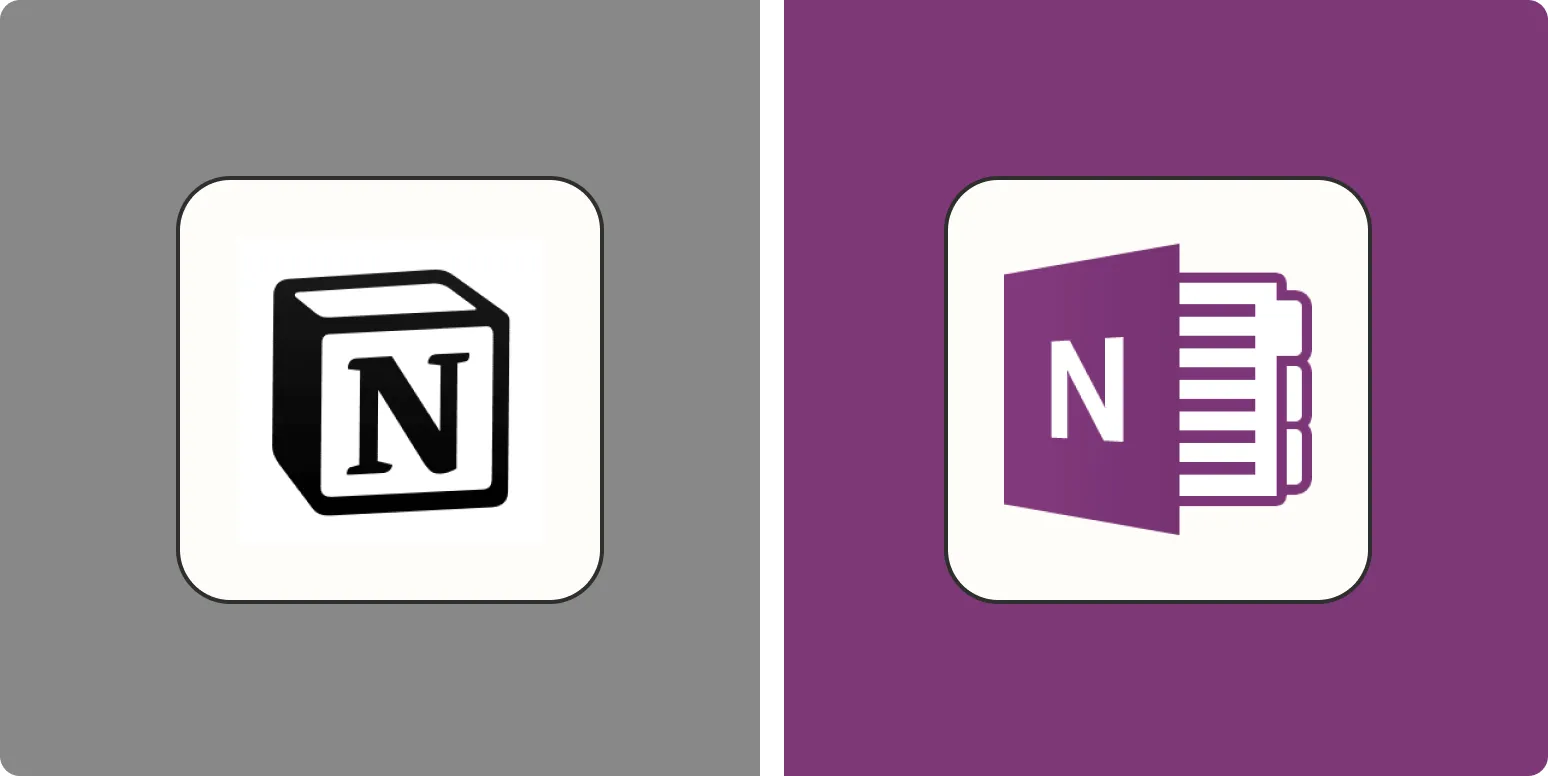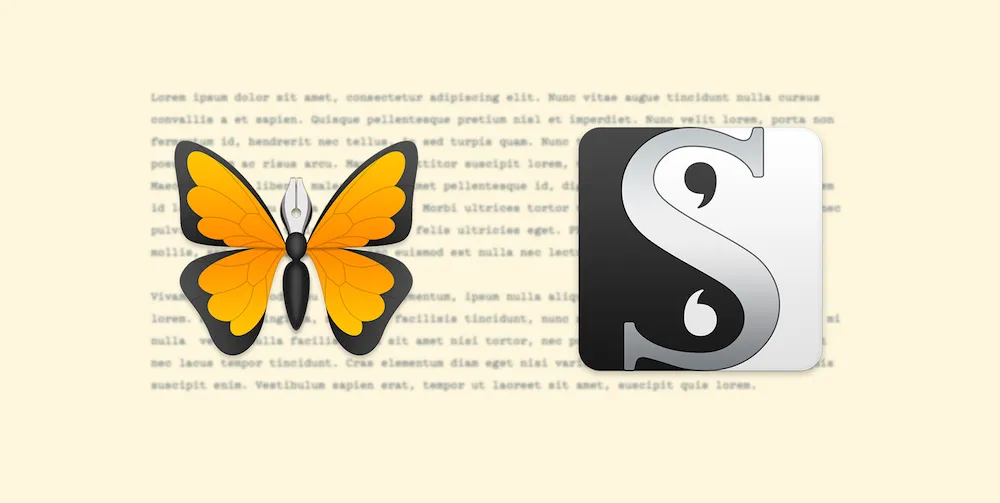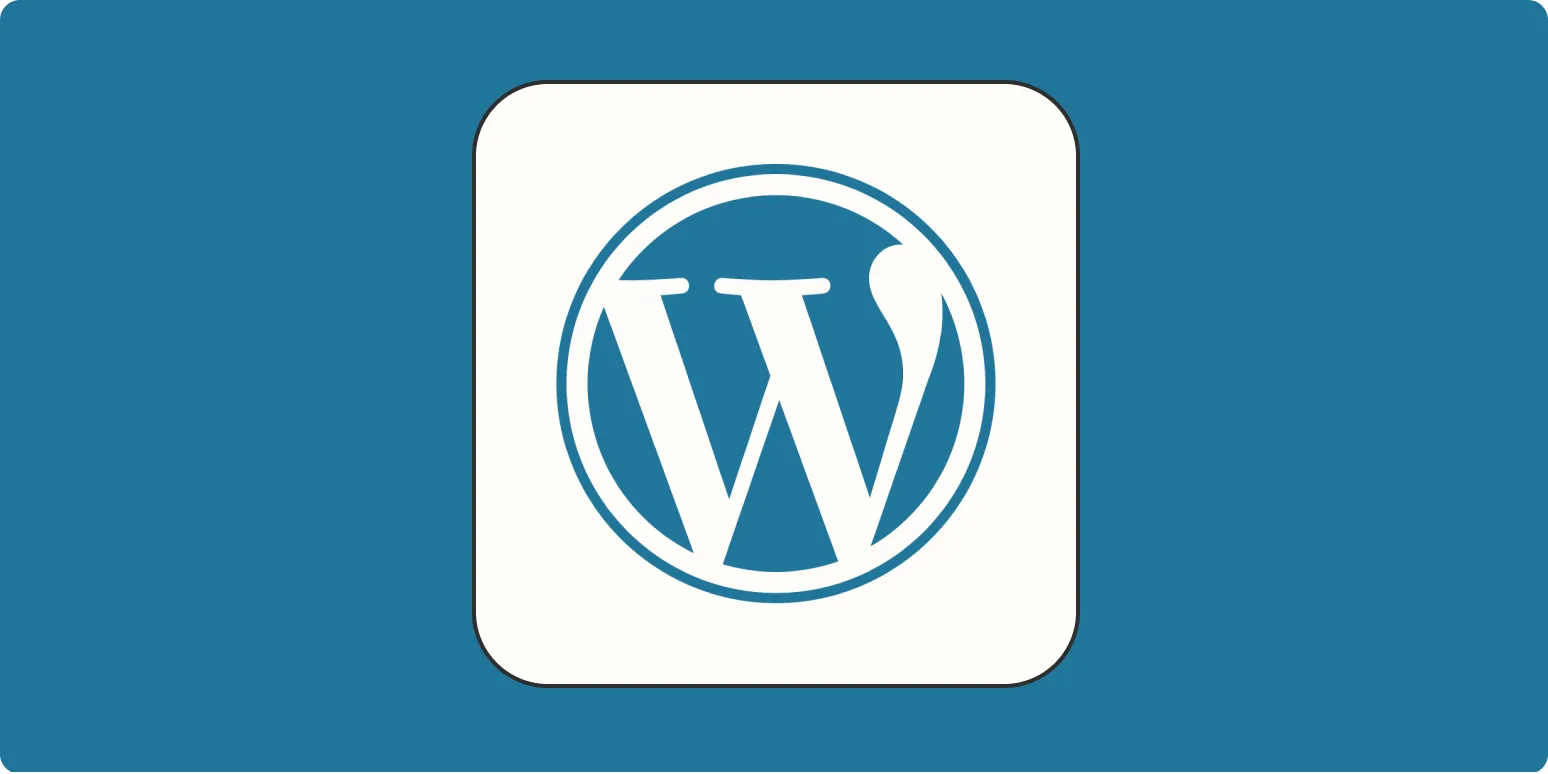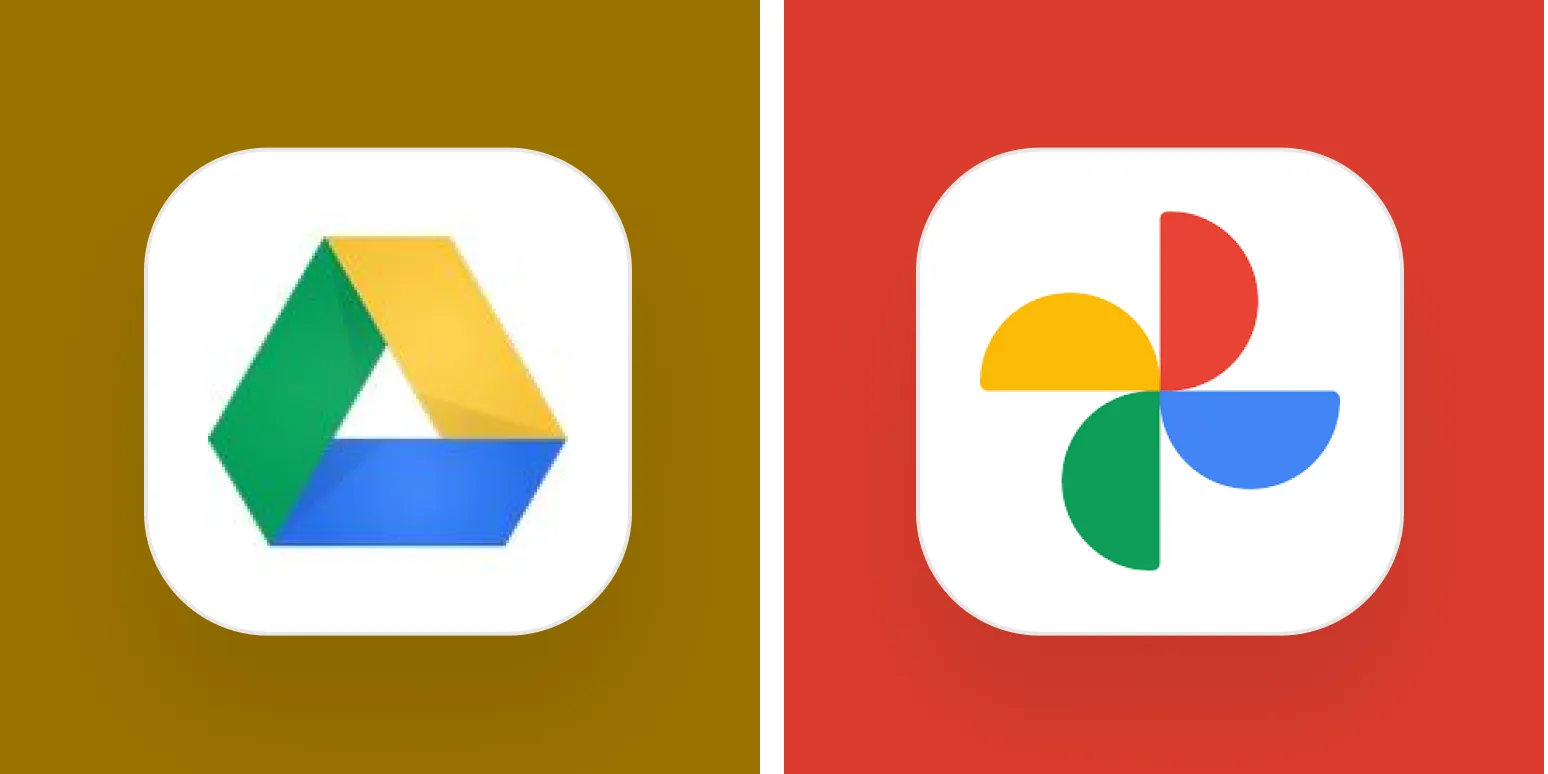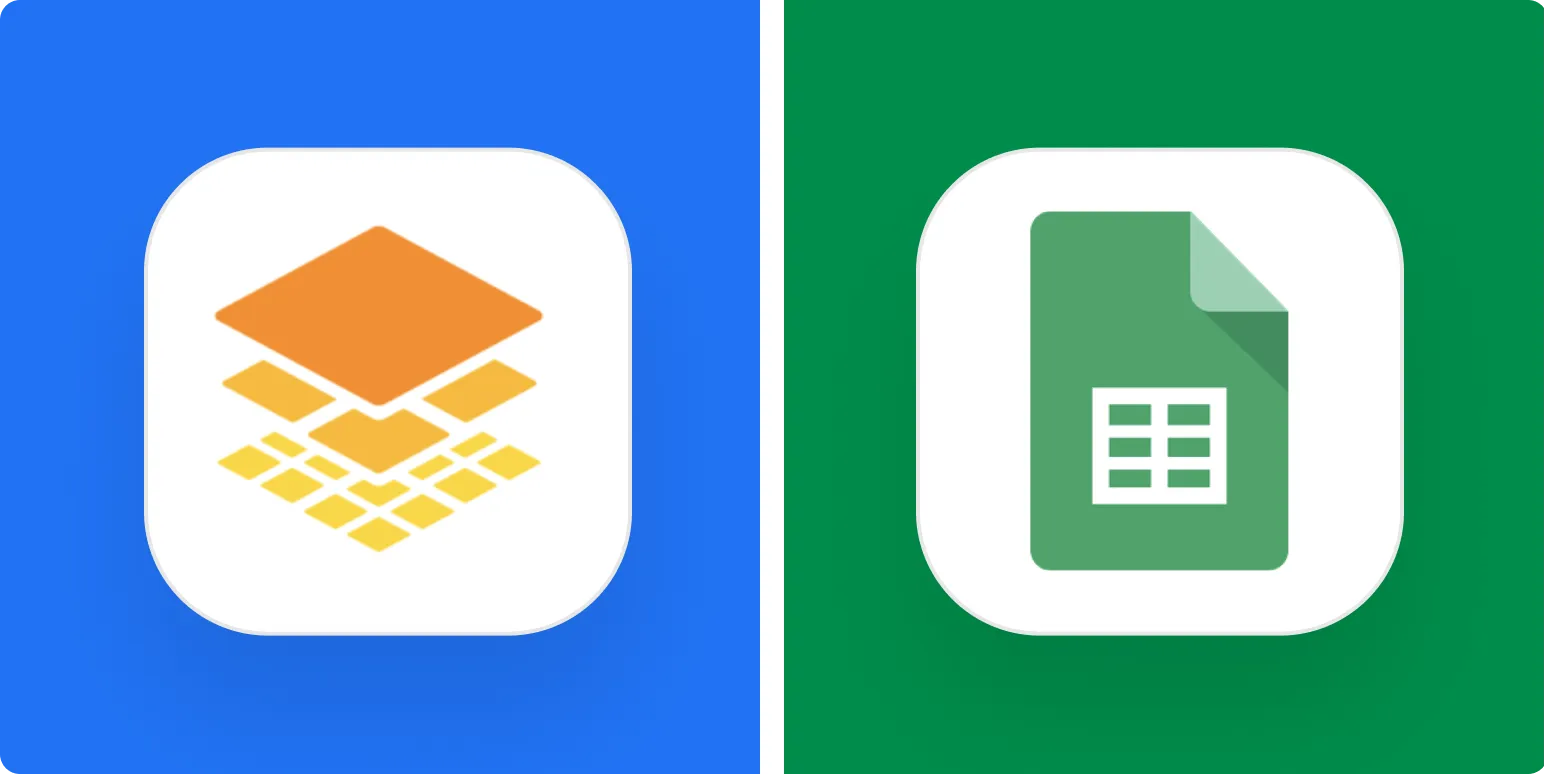Overview of Notion and OneNote
In the realm of digital note-taking, Notion and OneNote stand out as two of the most popular applications available in 2025. Each offers unique features and benefits that cater to different types of users. Understanding these differences will help you make an informed decision on which application best suits your needs.
User Interface and Experience
When it comes to user interface, Notion is known for its clean, minimalist design. It allows users to create a variety of content types, from simple notes to complex databases, all within a single workspace. The drag-and-drop functionality and customizable templates enhance the user experience, making it a versatile tool for both personal and professional use.
On the other hand, OneNote boasts a more traditional notebook layout, which may appeal to users who prefer a familiar structure. Its tabbed sections and pages mimic a physical notebook, allowing for easy organization. However, some users may find the interface less intuitive compared to Notion’s sleek design.
Features Comparison
The comparison of features is crucial in deciding between Notion and OneNote. Here’s a breakdown of the key features:
| Features | Notion | OneNote |
|---|---|---|
| Note Organization | Highly customizable with databases, pages, and links | Notebook sections and pages |
| Collaboration | Real-time collaboration with comments | Real-time sharing with basic collaboration tools |
| Templates | Extensive library of user-created templates | Limited template options |
| Media Embedding | Supports various media types, including videos and web pages | Supports image and audio embedding |
| Cross-Platform Availability | Web, desktop, and mobile apps | Web, desktop, mobile, and integration with Microsoft Office |
Pricing Plans
Both applications offer free versions, but their premium features differ significantly. Below is an overview of their pricing:
| Application | Free Plan | Paid Plan |
|---|---|---|
| Notion | Basic features with limited blocks | $8/month for personal use with unlimited blocks |
| OneNote | Full features with Microsoft account | Free with Microsoft 365 subscription; $69.99/year |
Integration and Compatibility
Integration capabilities are crucial for productivity tools. Notion integrates with various third-party apps such as Google Drive, Trello, and Slack, enhancing its functionality. This makes it an excellent choice for users who rely on multiple tools for their workflow.
OneNote, being part of the Microsoft ecosystem, offers seamless integration with other Microsoft Office applications, such as Word, Excel, and Outlook. This is ideal for users who are already embedded in the Microsoft suite and desire a cohesive experience.
Use Cases
The choice between Notion and OneNote often depends on your specific use case:
- Notion is perfect for project management, team collaboration, and creating complex databases.
- OneNote is well-suited for students and educators who need a straightforward note-taking tool with multimedia capabilities.
Final Verdict: Which One Should You Choose?
Ultimately, the decision between Notion and OneNote comes down to your individual needs. If you prioritize flexibility, customization, and comprehensive project management features, Notion is the way to go. However, if you seek a traditional note-taking experience with strong integration into Microsoft Office, OneNote may be your best bet.
In 2025, both applications have evolved significantly, offering robust tools for different types of users. Evaluate your specific requirements and preferences to determine which app aligns best with your note-taking habits.

